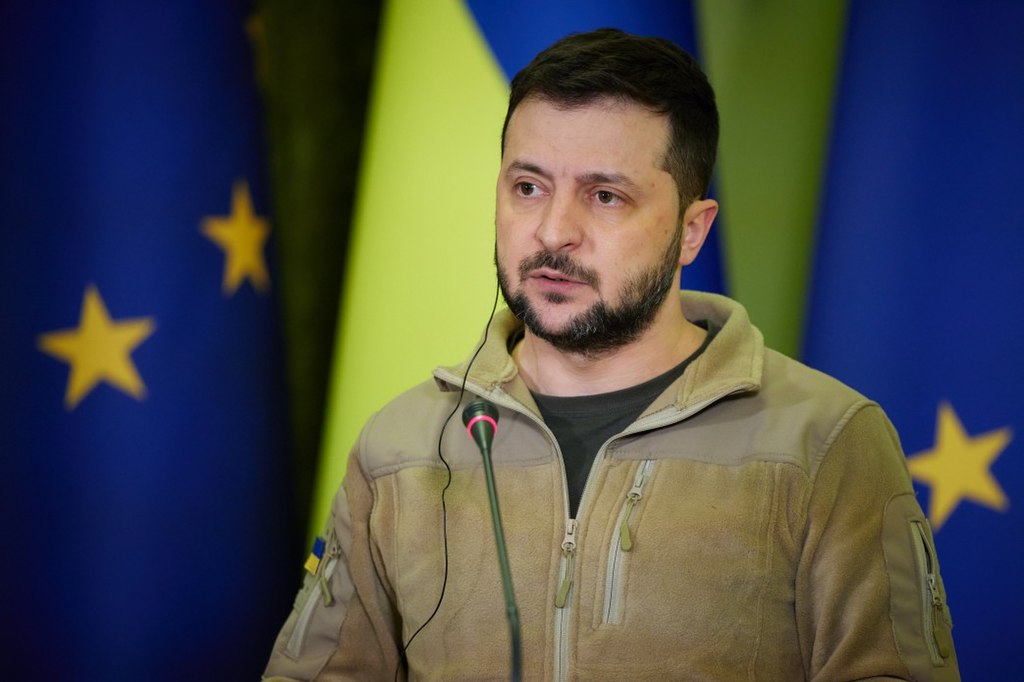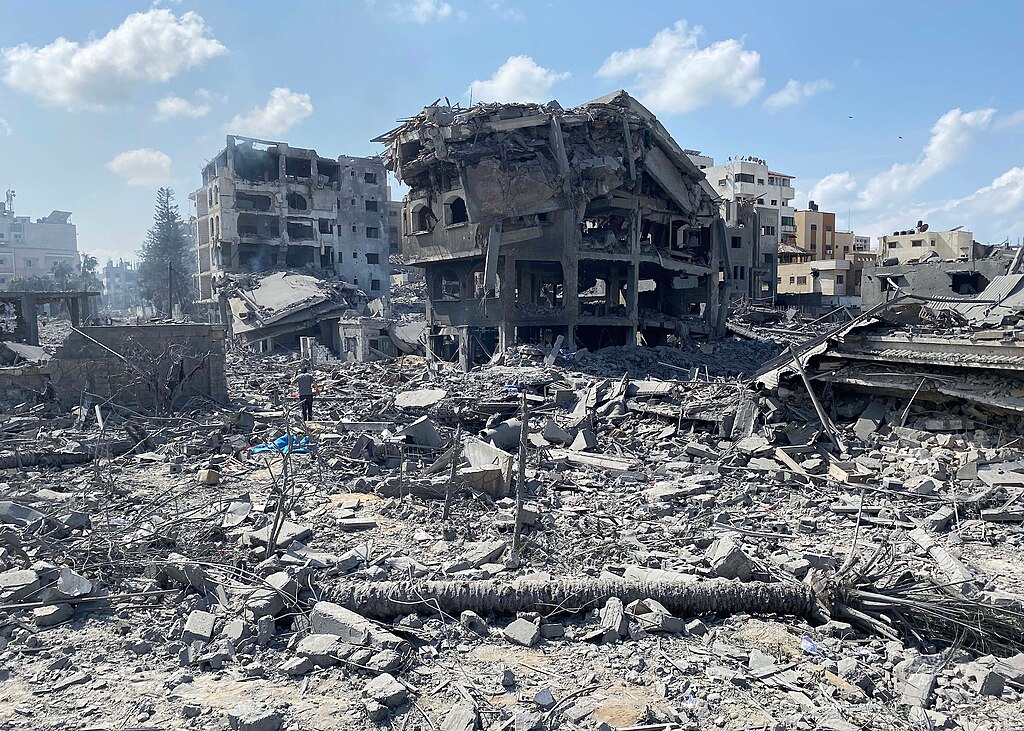Ukrainian troops lead an IAEA delegation to a Russian checkpoint near the Zaporizhzhya nuclear plant in September. Photo: Fredrik Dahl / IAEA
International Atomic Energy Agency (IAEA) Director-General Rafael Mariano Grossi’s warnings follows renewed attacks on Friday.
The attacks prompted five of Ukraine’s nine operating nuclear reactors to reduce their power generation.
“Our teams deployed in Ukraine have witnessed how the growing instability of Ukraine’s power infrastructure, as a result of frequent military attacks in recent months, is impacting the ability to safely operate the country’s nuclear power plants,” Grossi says.
The IAEA says the plants need reliable connections to the energy grid to transmit the electricity they produce and to receive off-site power for reactor cooling.
It says the increasing fragility of the power grid means attacks can cause major fluctuations, which can affect safety systems and affect the safety of the reactors.
“For the third time in less than a month, units at the Khmelnytskyy, Rivne and South Ukraine nuclear power plants (NPPs) lowered their power levels during widespread military activities in the country while air raid alarms sounded at the three sites,” Grossi says.
One IAEA team deployed in Ukraine was forced to take shelter as they heard explosions at mid-distance while a team at the South Ukraine planet was told drones were seen flying about 300 metres from the site, the agency reports.
The IAEA says that of the five reactors that had to lower power generation, one was temporarily disconnected from the grid although three of the reactors subsequently returned to full capacity.
The IAEA says there were no reports of direct damage to the plants.
UK REACTION
The UK’s deputy permanent representative to the UN, James Kariuki, warned the UN Security Council that Russian targeting of nuclear power substations “directly threatens the safety of Ukraine and the wider region”.
“This winter, following a total of 12 major strikes on their energy system in 2024, Ukrainians face limited access to power, water and heating,” he says.
He also attacked Russia’s suggestion to the IAEA that the affected power stations be put into cold shutdown.
“This cynically ignores the further humanitarian impact this would have on the civilian population,” he says.
“The solution is simpler. Russia should cease these reckless attacks on Ukraine’s energy infrastructure and adhere to the IAEA’s ‘Seven Pillars for Nuclear Safety and Security’.”
Kariuki says that of $576m-plus in humanitarian aid given by the UK to Ukraine since the war started, over $80m was given to the Ukraine Energy Support Fund with nearly $467m in grants and loans for the energy sector.






